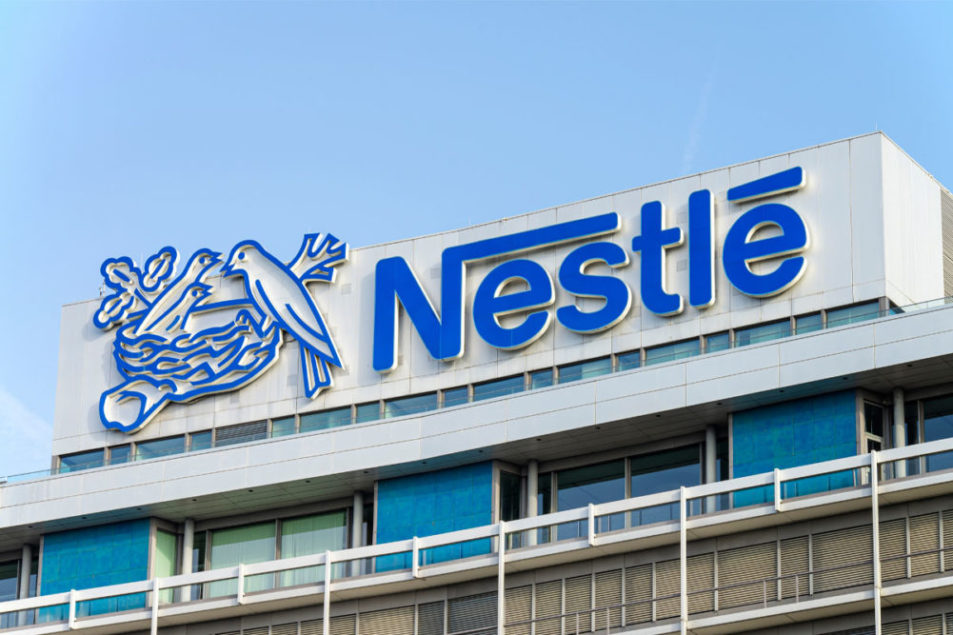Nestlé a multinational food and beverage company that has come under fire for selling baby food with added sugar in lower- and middle-income countries, such as South Africa, while marketing sugar-free alternatives with the same branding in wealthier Western markets. The investigation was conducted in conjunction with Public Eye and the International Baby Food Action Network (IBFAN).
The results, which were disclosed shortly before Nestlé’s annual general meeting, showed that, despite being marketed under the same names and packaging, well-known baby food brands like Nido and Cerelac had noticeably higher sugar content in areas with lower incomes than in wealthier nations.
The analysis found that while Nido products had an average of two grammes of added sugar per serving, Cerelac products in lower- and middle-income nations had an average of four grammes of added sugar per serving. The identical goods, in sharp contrast, were advertised as having 0 grammes of added sugar per serving in Switzerland, the home nation of Nestlé.
ALSO READ: Corruption Ravaged Cottco On the Brink!
The analysis found that while Nido products had an average of two grammes of added sugar per serving, Cerelac products in lower- and middle-income nations had an average of four grammes of added sugar per serving. The identical goods, in sharp contrast, were advertised as having 0 grammes of added sugar per serving in Switzerland, the home nation of Nestlé.
Cerelac’s primary market, South Africa, showed that all product variations had four or more grammes of sugar per serving, while the average sugar content of Nido products for kids aged one to three was 0.9 grammes.
Mota Mota, a Nestlé representative for East and Southern Africa, justified the regional recipe changes, saying they don’t affect the nutritional value of Nestlé products for young children and babies.

For comments, Feedback and Opinions do get in touch with our editor on WhatsApp: +44 7949 297606.
